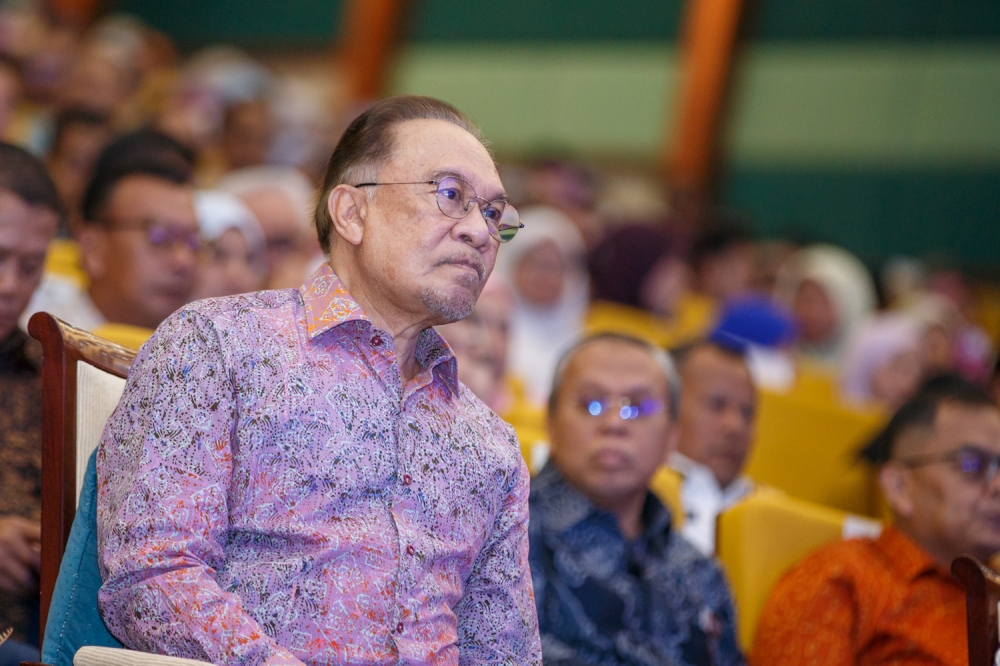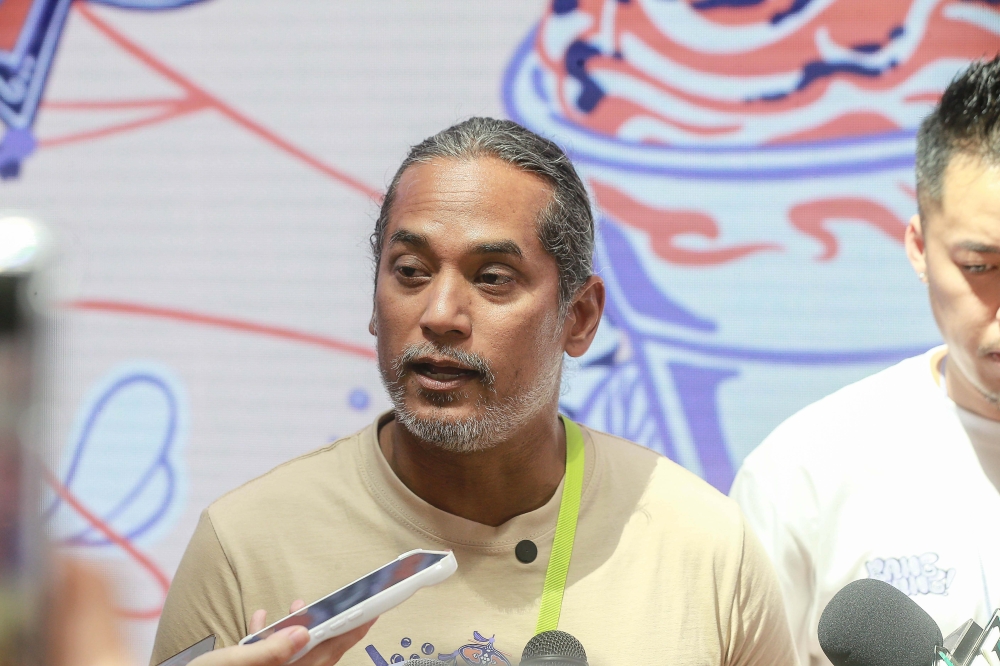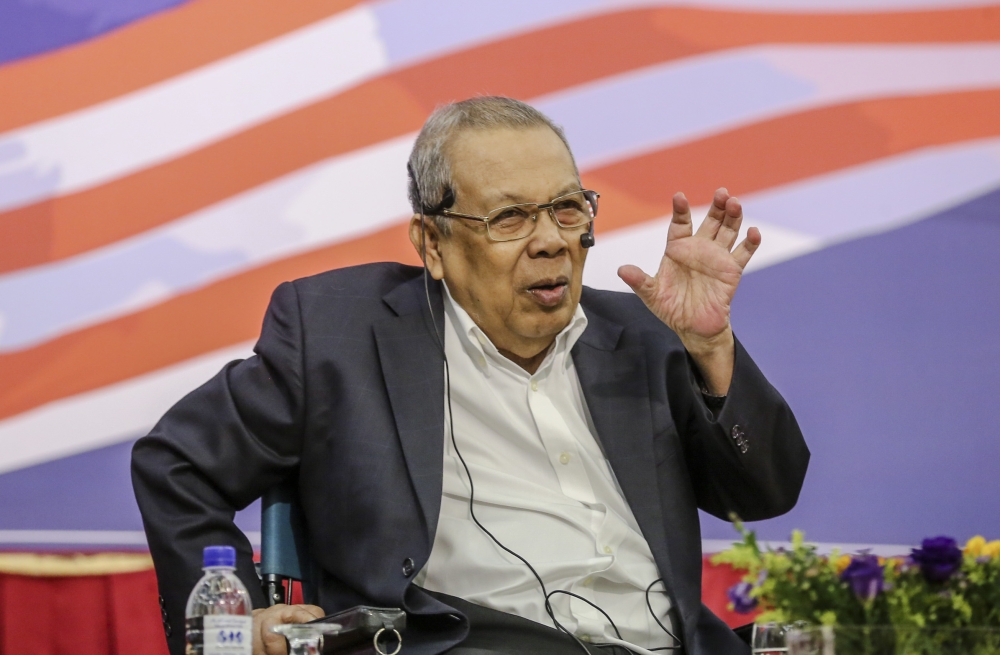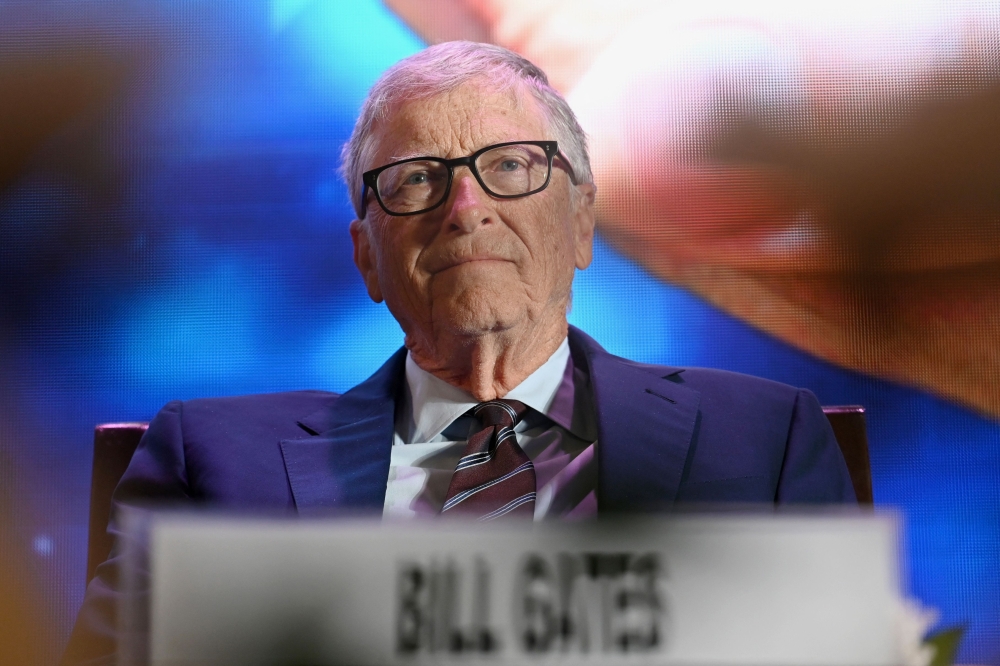KUALA LUMPUR, July 28 — The Special Select Committee on Health, Science, and Innovation today suggested that a mandatory review and monitoring framework be set for the Tobacco and Smoking Control Bill 2022 (Generational Endgame) so that it can achieve its target.
“The committee in principle agrees with the principle of the Bill, especially to uphold the health and well-being of our people and future generations as well as the need to expedite the regulation of tobacco products including vape, e-cigarettes, and non-combustible tobacco products.
“However, we acknowledge the different concerns raised by all stakeholders and see the importance of addressing certain implementation gaps, and to set a mandatory review and monitoring framework to ensure the Act achieves its intended target without causing any unintended consequences,” the committee said in a statement today.
The committee, helmed by DAP’s Bandar Kuching MP Dr Kelvin Yii, had a total of eight recommendations for the Bill — which includes tackling issues like illicit cigarettes and strengthening cessation programmes.
It said that these recommendations were made after engagement with various stakeholders.
The committee suggested postponing the Bill by three years to only affect those born after 2008, instead of 2005 and 2007 as initially proposed.
A postponement of three years would also give sufficient time for relevant parties to effectively implement the frameworks of the generational endgame, the statement added.
The committee also suggested enabling a clause for two mandatory evaluations for the Bill.
The first mandatory evaluation would set a three-year checkmark to assess the government’s capabilities of fully implementing the GEG and check the effectiveness of the Bill.
This would also include assessing the need for separate regulations and Acts for non-combustible tobacco products, vape and combustible tobacco products based on emerging science and data.
The second mandatory evaluation would set a 10-year checkmark to assess the Act’s effectiveness in reducing the number of smokers and suggest new provisions if needed.
The third recommendation by the committee is for the government to reinforce its efforts in fighting illicit cigarettes for a better sailing implementation of the generational endgame.
Other recommendations by the committee include punishment without imprisonment or criminalisation for youth possessing smoking products, easier access to nicotine replacement therapy, more funds for cessation programmes such as mQuit, and at least 10 per cent of the tax collected from the vape industry be channeled to mQuit.
“The power to inspect, possibly body check, and punish a child for possession must be heavily controlled to prevent abuse. That is why the guidelines for enforcement must be very clear and specific on this to ensure the vulnerable are not victimised by the law, especially the poor.
“Thus, we affirm our principle agreement with the Bill itself and believe the recommendations are there to not only strengthen the Bill but more importantly, to insert a monitoring framework to ensure transparent evaluation to address some of the concerns raised and ensure it achieves its intended target as well as to stay relevant and adapt to new data and science,” the committee said.
The Tobacco and Smoking Control Bill 2022, spearheaded by Health Minister Khairy Jamaluddin, was tabled in Parliament on July 27 and is due for its second reading next week.
The Bill aims to forbid those born after January 1, 2007 from purchasing or possessing cigarettes or vape products, with a fine not exceeding RM5,000 given to those who are caught buying, smoking, or possessing smoking-related products.


















